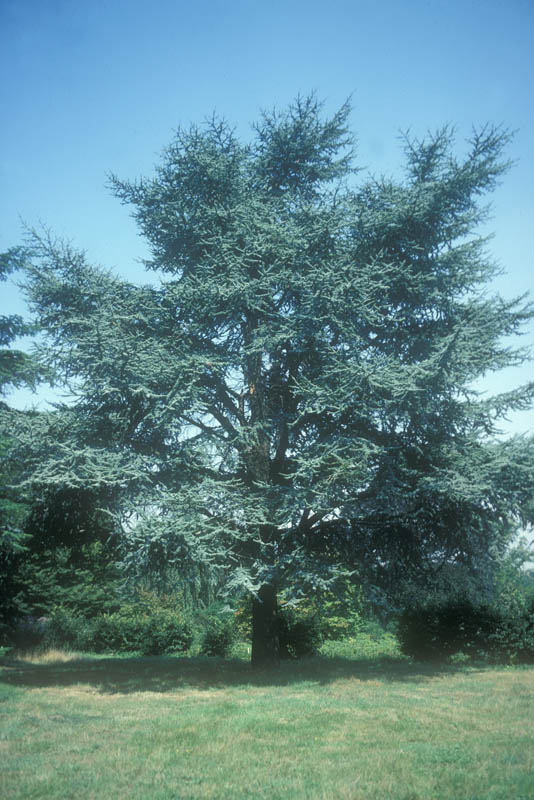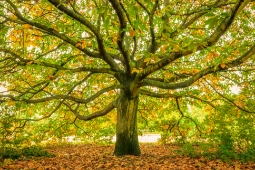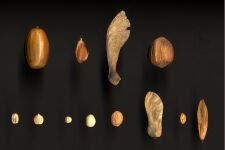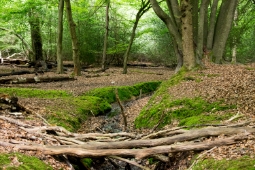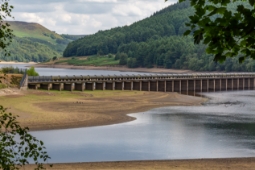Atlas cedar (ACR)
The true cedars (Cedrus spp.) comprise four closely related species; three that intergrade across their discontinuous range in Turkey and north-west Africa with a separate species Cedrus deodara occurring in the western Himalayas. Their fine timber has become a watchword for quality with many other species, including non-conifers, called ‘cedar’ to convey this. All three cedars – Atlas, deodar, and Lebanon – have long been valued, notably cedar-of-Lebanon, as the timber of choice for palaces and temples in classical times.
In the UK Atlas (or Atlantic) cedar has the potential for wider use as the climate warms. It could become a valuable addition to the suite of species for lowland planting in southern Britain, particularly where soils are neutral to calcareous. Atlas cedar is listed as endangered by the IUCN.
Atlas cedar is categorised as a plot-stage species. These are a group of species that have demonstrated some positive silvicultural characteristics at the Specimen-stage and are now subject to further testing and development in a limited number of trial plots.
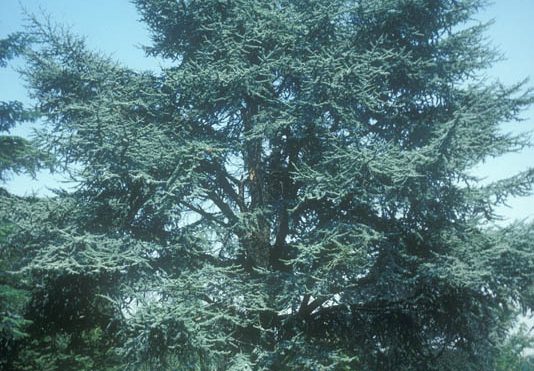
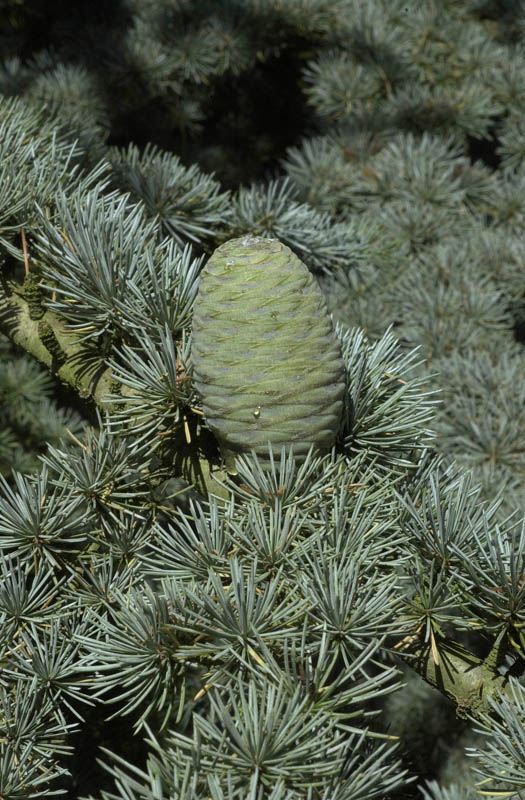
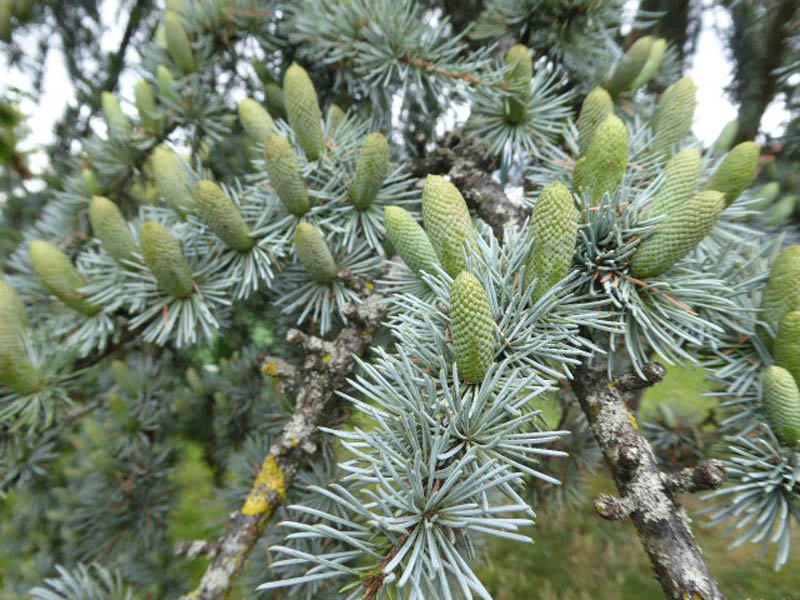
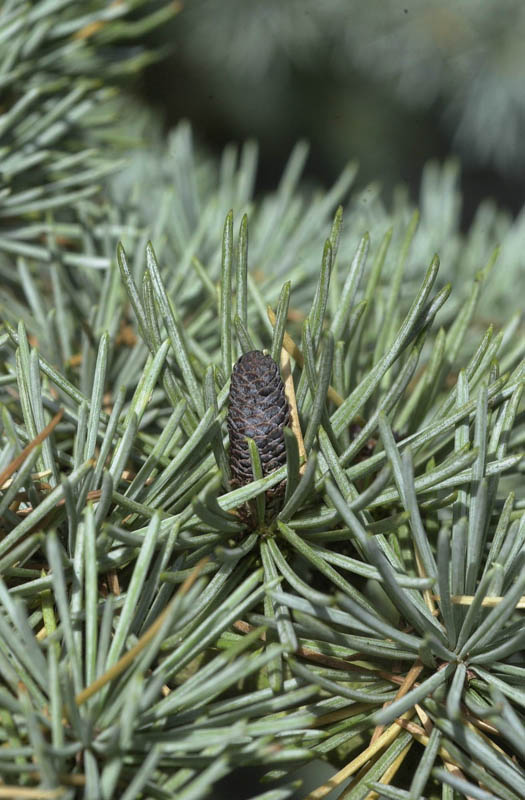
Range
Native to the Atlas Mountains of Algeria and Morocco and the wetter Rif Mountains of northern Morocco where it grows with cork and holm oak. Minor plantation species in southern France.
Provenance Choice
No provenance testing has been carried out and there are few forest plots, so seed should be sourced from the native range or from French stands.
Key Properties
Site Requirements
Atlas cedar appears hardy to at least -20 °C in Britain, but growth and survival is poor in high rainfall areas, so planting should be confined to warmer areas with <1500 mm rainfall. It grows best on soils of poor to medium nutrient status and of dry to fresh soil moisture. It is not suited to peats or other wet soils, but it will grow on alkaline soils. It is not suited to exposed conditions but appears to tolerate late frost. As a Mediterranean species it is unsuited to areas of high rainfall and is tolerant of periods of drought.
Further detail on the site requirements of Atlas cedar in current and future climates can be examined using the Forest Research Ecological Site Classification Decision Support System (ESC).
ECOLOGICAL SITE CLASSIFICATION TOOL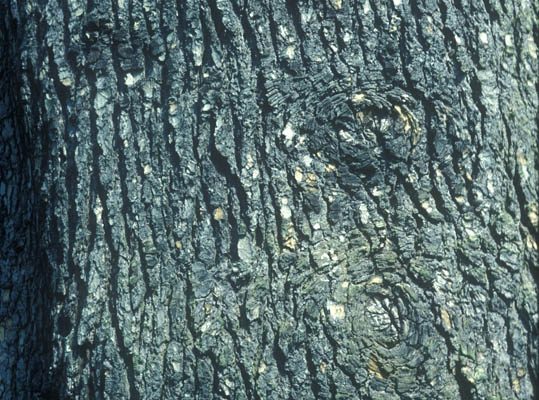
Silviculture
Atlas cedar is a strong light demander but can tolerate light shade for the first few years. Atlas cedar has a strong tap root and does not transplant well as bare root stock; good quality cell grown plants should be used. Initial growth is slow, so weed control is essential for establishment. Once established growth can be rapid.
Many open-grown specimen trees throughout Britain show it can attain large size (>25 m height, >100 cm DBH) and a good growth rate, suggesting that in plantation the species should be kept well thinned and/or grown in mixture. Atlas cedar is highly palatable to deer and other browsing mammals.
Pests and Pathogens
Atlas cedar suffers from a similar range of diseases to Lawson cypress and Leyland cypress. These include cypress canker (Seiridium cardinale) as well as Cypress aphid (Cinara cupressivora). Root rot and mortality caused by Phytophthora cinnamomi has also been reported but mainly in nurseries.
Another introduced fungus, Sirococcus tsugae, was first reported in 2014 and confirmed to affect Atlas cedar, along with other Cedrus and Tsuga species. At present there is no clear picture of the future impact of the disease and Forest Research is monitoring its spread. To assist, any suspected cases in mainland Britain should be reported via TreeAlert.
See our other tools and resources
Further Resources
External
In addition to the general sources of information for species the following are useful for Atlas cedar.
Courbet, F., et al., (2012) Atlas Cedar and climate change in France: assessment and recommendations. INRA, French National Institute for Agricultural Research.
Evans, J (2018) God’s Trees – Trees, forests, and wood in the Bible. Day One, Leominster.
Reynolds, C et al. (2021) Providing the evidence base to diversify Britain’s forests: initial results from a new generation of species trials. Quarterly Journal of Forestry 115: 26-37.
Savill, P. and Wilson, Scott McG. (2015) Cedrus, True Cedars: Silviculture and Properties. Quarterly Journal of Forestry 109(3): 168-173
Wilson, Scott, McG. (2014) Living with climate change – Mediterranean trees and agroforestry in Britain? Quarterly Journal of Forestry 108(2): 90-101

